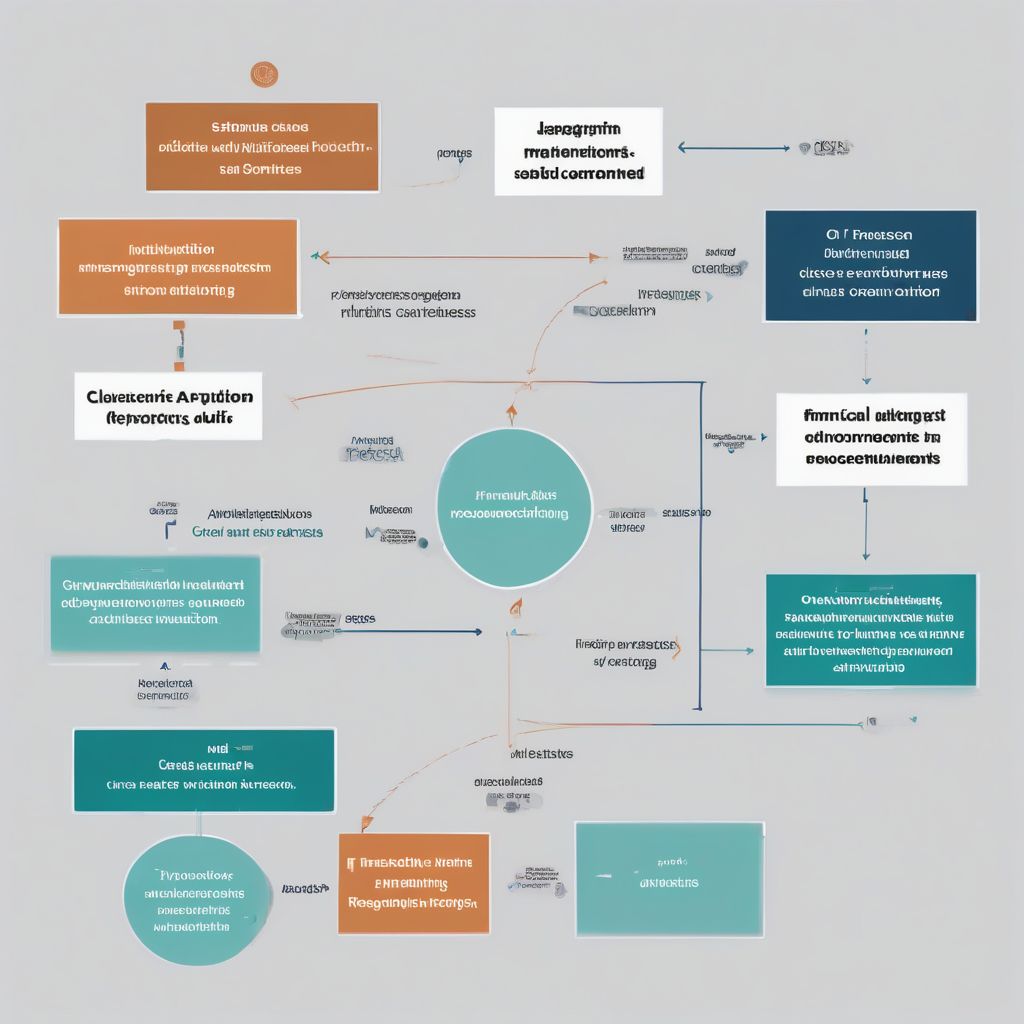In today’s complex financial landscape, seeking guidance from a financial advisor can be a game-changer, especially for those navigating the world of investments, retirement planning, or overall financial well-being. However, the traditional model of brick-and-mortar financial advisory firms isn’t always accessible or appealing to everyone. That’s where online financial advisors come in, offering a convenient and often more affordable alternative. But with so many options available, how do you find the decorkhonggian.com/best-online-financial-advisor/">Best Online Financial Advisor to meet your unique needs?
Understanding the Role of an Online Financial Advisor
Before delving into the selection process, it’s crucial to understand what online financial advisors do and how they differ from traditional advisors.
Online financial advisors provide many of the same services as their traditional counterparts, including:
- Financial Planning: Creating personalized financial plans encompassing budgeting, saving, investing, retirement, and estate planning.
- Investment Management: Developing and managing investment portfolios tailored to your risk tolerance, financial goals, and time horizon.
- Retirement Planning: Helping you plan for a financially secure retirement by analyzing your current savings, projecting future needs, and recommending appropriate investment strategies.
- Tax Planning: Offering guidance on tax-efficient investing and financial strategies to minimize your tax liability.
- Debt Management: Providing strategies and resources to manage and eliminate debt effectively.
The key difference lies in the delivery model. Online financial advisors primarily operate through digital platforms, offering virtual consultations, automated portfolio management tools, and educational resources accessible 24/7.
Choosing the Right Online Financial Advisor: Key Factors to Consider
Finding the best online financial advisor for your needs requires careful consideration of several crucial factors:
1. Fee Structure and Transparency:
Online financial advisors typically charge fees in one of three ways:
- Percentage of Assets Under Management (AUM): A percentage-based fee on the total assets they manage for you. This is common for advisors offering investment management services.
- Flat Fees: A fixed fee for specific services, such as creating a financial plan or providing a one-time consultation.
- Subscription Fees: A recurring monthly or annual fee for ongoing access to financial planning tools, advice, and resources.
Questions to Ask:
- What is your fee structure?
- Are there any hidden fees or charges?
- Do you offer a free initial consultation?
2. Services Offered:
Different online advisors specialize in different areas of financial planning. Some focus on investment management, while others prioritize comprehensive financial planning, retirement planning, or niche areas like Socially Responsible Investing (SRI).
Questions to Ask:
- What specific financial planning services do you offer?
- Do you provide personalized financial plans?
- What types of investment strategies do you utilize?
3. Technology and Platform:
A user-friendly platform and robust technology are essential for a seamless online financial advisory experience. Look for features like:
- Goal Setting and Tracking Tools: Set, monitor progress towards, and adjust your financial goals.
- Portfolio Management Dashboard: View your investment portfolio’s performance, asset allocation, and transaction history.
- Financial Planning Calculators: Utilize calculators for budgeting, retirement planning, debt management, and more.
- Secure Communication Channels: Secure messaging, video conferencing, and document sharing for client-advisor communication.
Questions to Ask:
- What technology platform do you use?
- Can I access my financial plan and portfolio online?
- What security measures are in place to protect my personal and financial information?
4. Advisor Qualifications and Experience:
Just like traditional advisors, it’s crucial to verify the qualifications and experience of online financial advisors. Look for credentials such as:
- CERTIFIED FINANCIAL PLANNER™ (CFP®)
- Chartered Financial Analyst (CFA)
- Certified Public Accountant (CPA)
- Personal Financial Specialist (PFS)
These designations signify a high level of competency and ethical standards.
Questions to Ask:
- What are your qualifications and experience in financial planning?
- Are you a fiduciary? (A fiduciary is legally obligated to act in your best interests.)
- How long have you been working as a financial advisor?
5. Client Reviews and Reputation:
Research the online advisor’s reputation by reading reviews and testimonials from previous clients. Websites like the Better Business Bureau (BBB), Google Reviews, and independent financial advisor review platforms can provide valuable insights.
Questions to Ask Yourself:
- What are other clients saying about their experiences?
- Does the advisor have any disciplinary history?
- Do their values and approach align with mine?
Additional Considerations:
- Investment Minimums: Some online advisors have minimum account size requirements, while others are more accessible to new investors with lower balances.
- Customer Support: Assess the quality and availability of customer support channels (phone, email, live chat) provided by the advisor.
- Trial Periods: Consider advisors offering free trials or introductory periods, allowing you to test their platform and services before committing.
Conclusion
Finding the best online financial advisor is an investment in your financial future. By carefully considering your individual needs, conducting thorough research, and asking the right questions, you can find an advisor who can help you achieve your financial goals with confidence and clarity. Remember, the right advisor will be your trusted partner, providing personalized guidance and support every step of the way.




